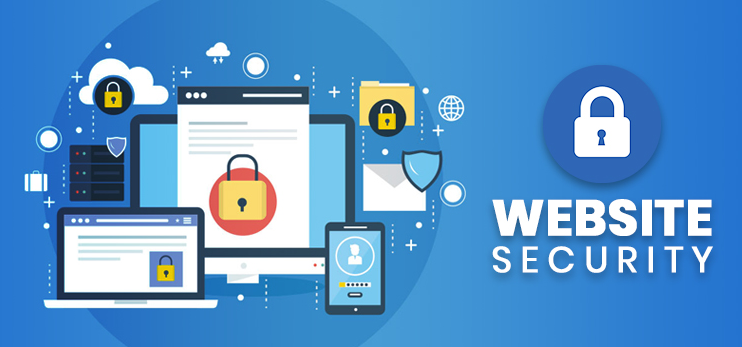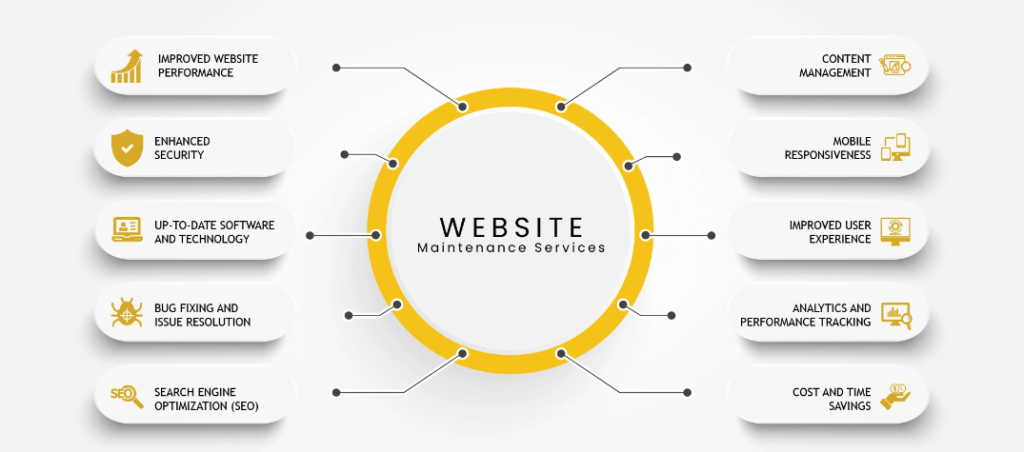Website Security: Ensuring Trust and SEO Benefits

It is not only essential for safeguarding user data but also for enhancing search engine optimization (SEO) efforts. This article explores the importance of website security, its impact on user trust, and the SEO benefits it offers. By understanding these aspects, website owners can take proactive measures to ensure the safety of their online platforms while reaping the rewards of improved search rankings.
Table of Contents
- Introduction
- The Significance of Website Security
- Building User Trust through Security Measures
- SEO Benefits
- Implementing Website Security Measures
- Common Website Security Vulnerabilities
- Best Practices for Securing Your Website
- The Role of SSL Certificates
- Regular Monitoring and Updates
- Training and Education
- Conclusion
- Frequently Asked Questions
Introduction
In an era where online threats are prevalent, website security is no longer a luxury but a necessity. Ensuring the safety and privacy of user data is crucial for building trust and establishing credibility. Additionally, search engines prioritize secure websites, making website security an essential factor for ecommerce seo success.
The Significance of Website Security
Website security encompasses various measures taken to protect websites from cyber threats, such as malware, hacking attempts, and data breaches. These security measures are vital for maintaining the integrity and functionality of a website. A secure website not only safeguards user information but also mitigates the risk of reputational damage and financial losses.
Building User Trust through Security Measures
When visitors come across a website, they want assurance that their personal information is safe. Implementing robust security measures helps build trust and confidence in users. By displaying trust indicators such as SSL certificates and security badges, website owners can convey their commitment to protecting user data, leading to increased conversions and customer loyalty.
SEO Benefits
Website security goes hand in hand with ecommerce seo efforts. Search engines prioritize secure websites and rank them higher in search results. This is because search engines aim to provide users with the best possible browsing experience, and secure websites contribute to that goal. Implementing website security measures can positively impact search engine rankings, visibility, and organic traffic.

Implementing Website Security Measures
To ensure website security, it is crucial to implement a combination of technical and non-technical measures. These may include employing secure hosting services, keeping software and plugins up to date, conducting regular security audits, and using strong passwords. Additionally, implementing a robust firewall, using HTTPS, and employing intrusion detection systems further enhance website security.
Common Website Security Vulnerabilities
Despite the advancements in website security, several vulnerabilities remain exploitable. Some common vulnerabilities include weak passwords, outdated software, SQL injections, cross-site scripting (XSS), and insufficient access controls. Understanding these vulnerabilities helps website owners identify potential weak points and take appropriate measures to mitigate the risks.
Best Practices for Securing Your Website
To ensure comprehensive website security, it is essential to follow best practices. These include regular backups, user access management, implementing a web application firewall (WAF), using reputable security plugins, and conducting security tests and audits. By adhering to these practices, website owners can minimize security risks and provide a safe browsing experience to their users.
The Role of SSL Certificates
SSL certificates are a fundamental component of website security. They encrypt data transmitted between the user and the website, ensuring that it cannot be intercepted or tampered with by malicious actors. SSL certificates create a secure connection and are indicated by the padlock icon in the browser’s address bar. Having an SSL certificate installed not only protects user data but also improves SEO Benefits rankings, as search engines prioritize secure websites.
Regular Monitoring and Updates
Website security is an ongoing process that requires regular monitoring and updates. It is important to stay informed about the latest security threats and vulnerabilities and apply security patches and updates promptly. Regular monitoring allows website owners to identify any suspicious activities, potential breaches, or performance issues and take immediate action to rectify them.
Training and Education
Ensuring website security goes beyond technical measures. Educating website owners, administrators, and employees about best practices and potential security risks is crucial. Training programs can cover topics such as password management, recognizing phishing attempts, and maintaining a secure work environment. By fostering a culture of security awareness, website owners can significantly reduce the risk of security breaches.
Conclusion
Website security is not only essential for protecting user data and maintaining trust but also for improving ecommerce SEO performance. By implementing comprehensive security measures, website owners can safeguard their platforms against cyber threats, build user trust, and enhance their search engine rankings. Regular monitoring, timely updates, and ongoing education are crucial elements of a strong website security strategy. Embracing the future of website security will allow businesses to stay one step ahead of potential attackers and provide a secure online environment for their users.
Frequently Asked Questions
1. Why is website security important?
Website security is important to protect user data, prevent unauthorized access, and maintain trust with visitors. It also has a positive impact on SEO rankings and organic traffic.
2. How does website security impact SEO Benefits?
Search engines prioritize secure websites, which means that implementing proper security measures can lead to improved search rankings and visibility.
3. What are some common website security vulnerabilities?
Common website security vulnerabilities include weak passwords, outdated software, SQL injections, cross-site scripting (XSS), and insufficient access controls.
4. What role do SSL certificates play in website security?
SSL certificates encrypt data transmitted between the user and the website, ensuring secure communication and protecting sensitive information.
5. How can I ensure website security?
To ensure website security, you should implement a combination of technical measures such as secure hosting, regular updates, and firewalls, as well as non-technical measures like training employees on best practices and conducting security audits.






